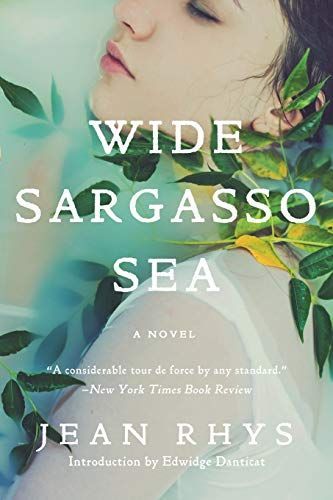Reviews
Chloe Norman@chloe_norman
Rocío de la Hera@rdlhbooks
nen@petitfleurdumal
p.@softrosemint
Hannah Alexander @reviews_a_latte
Andrew John Kinney@numidica
Bi@mytileneve
Emmm :p@emgoatevermore
Jasmine@jasmine
Shona Tiger@shonatiger
Bethany Jenkins@bluepenguin17
andrea@adolin
Brandon Avery@brandonavery
Kira L@krispyk
Yulande Lindsay@lande5191
Book Frisson@melishahigdon
Shelby Doherty@dohertys17
Sarah Escorsa@shrimpy
Cheryl Hedlund@cappuccino136
Melody Izard@mizard
Sophia De La Garza@sophiaalexisbooks
sara louise@starlesssara
Trevor Berrett@mookse
Frederik Van den Bril@frederikvandenbril
Highlights
Bethany Jenkins@bluepenguin17
Page 61
Bethany Jenkins@bluepenguin17
Page 15
sage lynn@sagelvnn
Page 156
sage lynn@sagelvnn
Page 116
sage lynn@sagelvnn
Page 52
sage lynn@sagelvnn
Page 44
sage lynn@sagelvnn
Page 41
sage lynn@sagelvnn
Page 34
Shelby Doherty@dohertys17
Shelby Doherty@dohertys17
Shelby Doherty@dohertys17
Shelby Doherty@dohertys17
Shelby Doherty@dohertys17
Shelby Doherty@dohertys17
Shelby Doherty@dohertys17
Shelby Doherty@dohertys17
